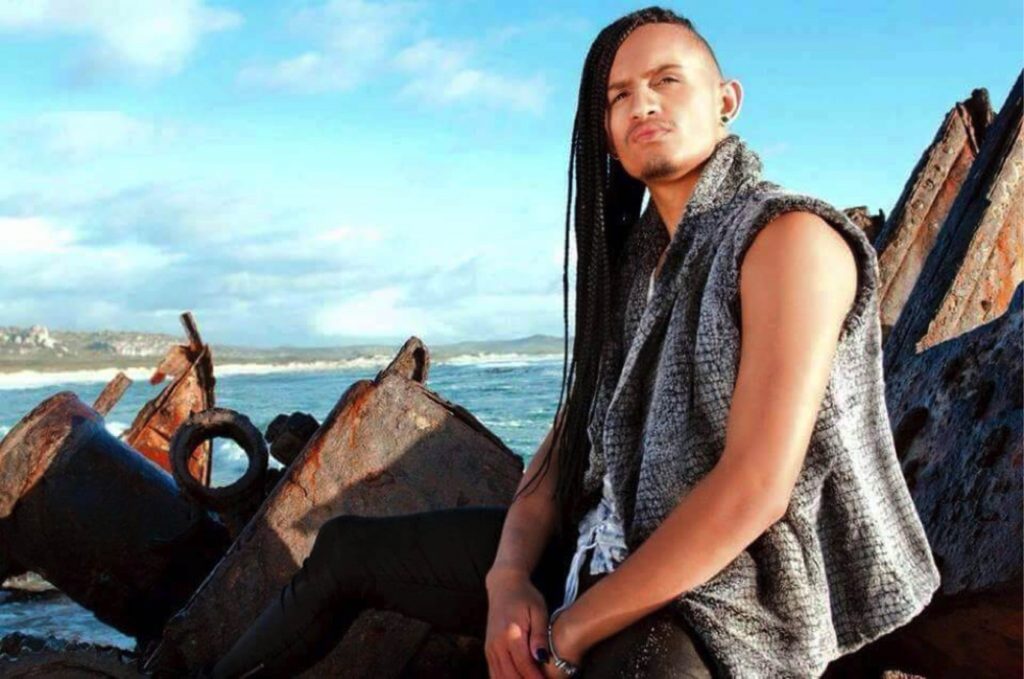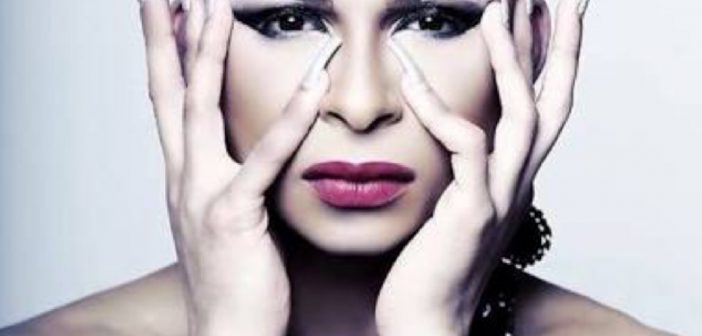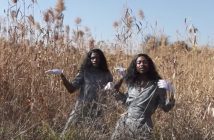Music as a universal form of communication can play a substantial role in empowering the LGBTQI community

Lo-ghost’s (formerly Lindiwe The Ghost) and The Kiffness’ latest music videos, both released last month, have blatant references to the LGBTQI community. Could this mean that more South African musicians are starting to realise the need to include queer narratives in their material?
Due to intolerance and misapprehensions, members of the LGBTQI community in South Africa are still victims of prejudice, unfair stereotyping and hate crimes. With their power to influence and educate, musicians can play a major role in eradicating these issues. I think it’s a shame that not a lot of them are using that power.
It’s not very often when a piece of work celebrating or recognising the LGBTQI community pops out of the South African music scene. I can think of a few queer artists whose work, lyrically or visually, is partly a representation of this community. Amongst them I can count the award winning crooner, Nakhane Toure and the eclectic Toya Delazy. Taking a look at more underground avenues, I can think of the feisty Capetonian cool kids, Dope Saint Jude (Hip-hop) and Angel Ho (Dance) as well as FAKA, the Gqom duo from Johannesburg.
So when two music videos by local artists, both addressing LGBTQI people – perhaps attempting to bring queer to the mainstream – came out one after the other, I was taken aback…in a good way. Last month, Cape Town’s new alternative pop duo, Lo-ghost, premiered a music video for their single, ‘Ghost In A Blood Machine’. The video addresses issues that affect the LGBTQI community such as internalised homophobia within the community, self-hatred and shame. The video features two dancers, Devon Marshbank and Chester Martinez prancing around a deserted warehouse, pulling moves that resemble a troubled couple and mimic sexual intimacy.
Martinez, who is currently touring alongside British singer, FKA twigs, choreographed the piece. The 21 year old from Cape Town says the video is a story of restricted love and affection, due to stigma and stereotypes attached to homosexuality.
“We wanted to show how soul tarnishing these experiences can be and what some members of the LGBTQI community go through. Being made to feel like you don’t deserve to be loved fully and openly is not something any human being should have to go through,” he adds.
I was ready to declare Lo-ghost’s video the most beautiful queer demonstration by a local artist, since Nakhane Toure’s video for ‘In The Dark Room’, when The Kiffness dropped their video for ‘You Say You Love Me’, their latest single featuring Tawanna Shaunte. I took one look at the video and instantly recognised, Cape Town’s drag superstar Manila von Teez walking, as she peeled off layers of costumes, accompanied by equally talented drag artists, Maxine Wild and Jayde Kay Johnson.
By the time I saw the pink smoke and the South African rainbow flags in the video, I had already finished my prayer of gratitude for such rich queer narratives coming out of our music industry in just one month. A read through The Kiffness’ website confirmed that the live electronic band was indeed paying respect to the LGBTI community through the video.
“When we filmed the music video for the song, we wanted to create something not only fun and different, but also something that would be empowering to the Cape Town LGBTI community,” says David Scott.
Manila von Teez, also known as Veon Wentzel, is a prominent feature in Cape Town’s gay social and entertainment scene. He explains that it is important for our music to include these narratives in order to reduce intolerance and hatred for one another. The fact that both Martinez and Wentzel, are not only recognisable, but also accessible members of the LGBTQI community, made these videos even more powerful. What better way of shining light to the community than using its members to do so?
“Artists should affect change through their work; we have the means to do so. Our job is not only to entertain but to educate as well. The more people hear and see, the more they understand and in turn accept,” says Martinez.
Wentzel, on the other hand, doesn’t think it should only be artists that are expected to drive change in society.
“Everyone has the social responsibility to learn and accept not only sexuality, but all other issues as well. Music, however, as the universal form of communication, can play a substantial role,” he believes.
Even though South Africa is a liberated country, minority groups are still struggling to belong. In addition to the activism movements that are already there, it’s about time we started introducing other ways of remedying the situation. I can’t think of a better platform than arts and music.




